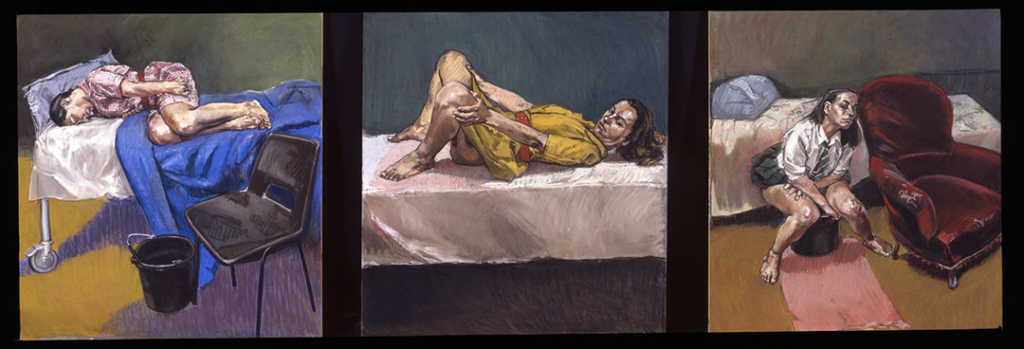After finding about the leaked document about Roe v. Wade, I think the first thing I felt was exhausted. I thought to myself, “not again”. There has always been much conflict around abortion laws and there are states that have made it impossible to get abortions, but in my head I always thought at least it’s not a federal offense. There are alternatives, albeit difficult ones, but all hope wasn’t lost. Now, I can’t help but feel hopeless even though I know a decision hasn’t been made yet. The news coming out about how some states representatives want to ban birth control, and enforce many other invasive, oppressive policies to govern our bodies infuriates me to no end. I feel like this leak gave them all the fuel and excuse they needed to claim ownership and encroach upon women’s reproductive rights.
This week’s reading as well as the readings from previous weeks has really taught me so much about abortion that I didn’t know. I had vague knowledge about abortion pills but didn’t know it is the most common method of abortion. Also, I wasn’t aware that women helplines like Aid Access existed. I also didn’t know that abortion procedures (pills or otherwise) weren’t covered by insurance. This was the most shocking to me, and I think it perfectly highlights and summarizes the topic of intersectionality that we have been discussing throughout this semester. It is clear to see how low-income households, women of color, and people with disabilities are disproportionately affected by such policies. I know the issue right now is about how abortion may be criminalized, but I think it’s also important to realize that even when abortion is legally sanctioned, there’s still thousands of women that can’t get access to it. While it may read like a right, the truth is that abortion is still a privilege. Like we saw in Abortion Helpline, This is Lisa, there are a lot of women that cannot afford to get an abortion and are forced to carry to term. Add to that, restrictive state policies that create countless barriers to access, and the threats, harassment, and abuse people going to Planned Parenthood or healthcare providers that provide abortion services face, it’s clear to see the de facto criminalization of abortion. It’s ironic how they hide behind veils of “right to free speech” while completely trampling on others’ rights to privacy and body autonomy.
If Roe v. Wade doesn’t get overturned, that doesn’t mean we can sit back and pretend everything is ok when there’s marginalized communities that will still be affected the same way they would be, even if it was overturned. For women barely making ends meet, for women with disabilities, for women with health concerns dismissed by health professional, access to safe abortion is still that much further. Right to abortion cannot truly exist until all women get access irrespective of their household income and their reasons. Like bell hooks said, “Concurrently there can be no such thing as “power feminism” if the vision of power evoked is power gained through the exploitation and oppression of others”.
